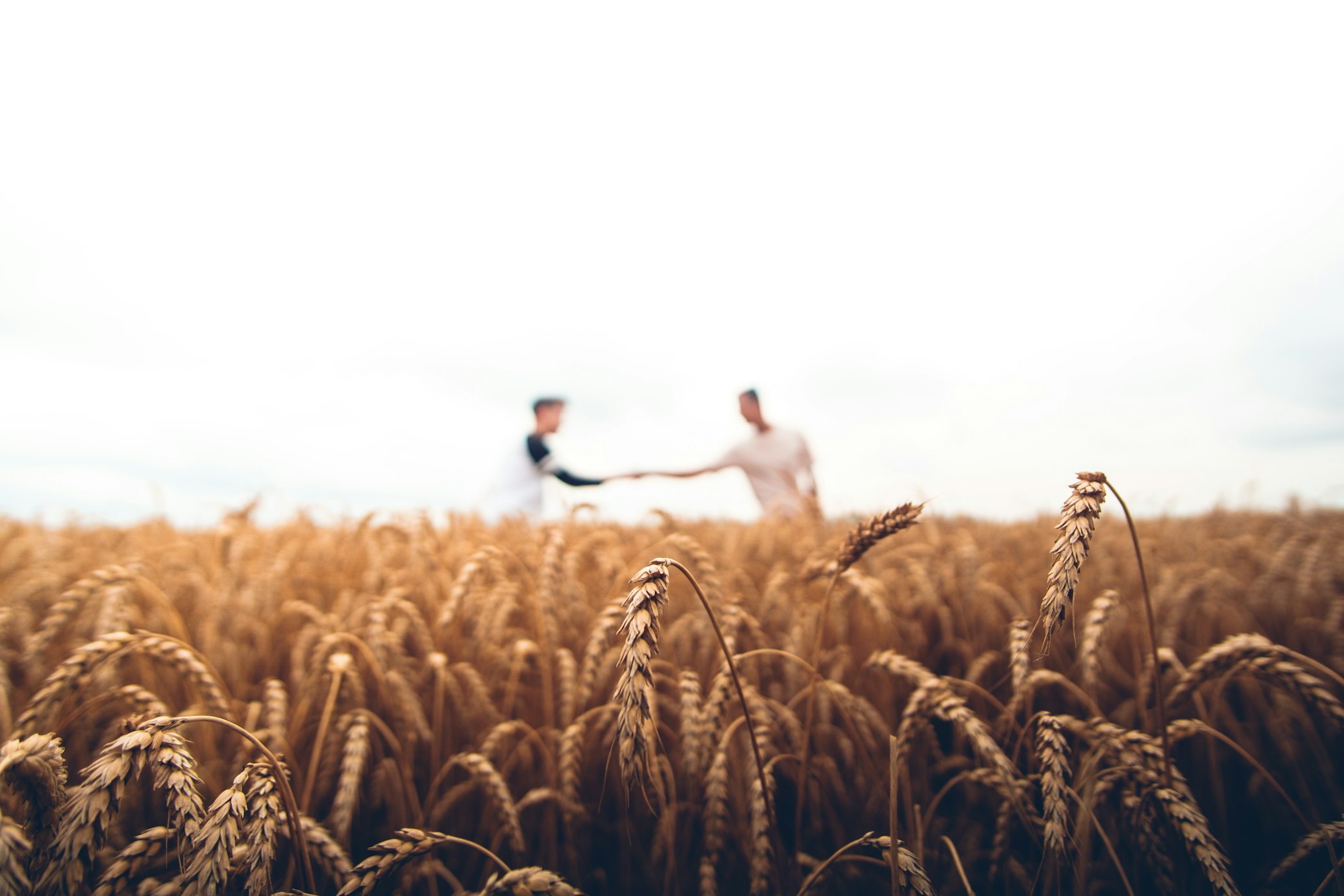
Fairtrade International is a non-profit that connects farmers and workers in producing countries with consumers and businesses around the world to change trade for the better. From training courses to enhance producer leadership skills to consumer awareness projects, Fairtrade has a wide range of projects taking place around the world to make fairness the new normal.
Fairtrade is able to do this through strategic partnerships with private companies, governments, research institutions, and civil society organizations. To date, the organization has launched more than 150 programs and on this interactive map, you can discover some of the projects it currently has active.
What is Fairtrade Certification and How Does it Work?
Fairtrade offers an alternative to conventional trade and is based on an agreement between producers and consumers with the aim of improving lives and reducing poverty through ethical trading practices. The Fairtrade certification system aims to assure consumers that the product they buy meets special social, economic, and environmental standards.
How Brands Can Get Involved
Fairtrade International instructs businesses interested in buying or selling Fairtrade products to contact their Fairtrade Labeling Initiative, such as Fairtrade America or Fairtrade International directly for assistance with individual business assessment, certification, licensing, Fairtrade business contacts, and/or access to promotional materials. In the guide for traders, brand owners, retailers, and consumers, "Bringing Fairtrade to Market", Fairtrade International lists the following steps to take in order to participate:
Traders wishing to import or process Fairtrade-certified products must submit an application for certification. Before applying traders must ensure that the products they are trading comply with Fairtrade International standards and that they are committed to respecting these standards which are available at www.fairtrade.net/standards.html.
Brands can apply for a variety of sustainable certifications under the Fairtrade Umbrella, such as Fairtrade, Fairtrade Cotton, and Fairtrade Textile Production. Prominent fashion brands that promote ethical souricng of cotton farming for example include companies like Armedangels, Marks and Spencers, and People Tree.
What Can We Expect from Fairtrade in 2023?
To be more agile and accurate in measuring this impact on producer communities, Fairtrade International, with contributions from all its national and regional offices, will invest one million euros in digitization, as part of its strategic plan for 2025, as announced by the president of Fairtrade Ibérica, Roberto Ballester.
In this way, the aim is to achieve complete traceability of the product from its origin to the consumer and to be able to better measure the impact that Fairtrade has on the transformation of the producing communities. In addition, consumers will be able to know precisely how their choice transforms people's lives.
Fairtrade represents 1.9 million producers and workers around the world and its seal appears on more than 37,000 products certified as fair trade. Producers make up 50% of the Fairtrade system and have half of the votes when the organization, which has its global headquarters in Germany, meets in assembly.
Fairtrade has achieved significant market share in certain markets, including 53 percent of bananas sold in supermarkets in Switzerland and 22 percent of ground coffee in the UK. There are currently more than 27,000 Fairtrade-labeled products sold in over 115 countries.
Is your Company Interested in Traceability Solutions? CommonShare offers one of the most advanced traceability solutions on the material, with material and order level traceability.
With CommonShare’s traceability system, you can not only map and manage sustainability and quality claims, but you can also track and verify them. Learn more here and book a demo.

